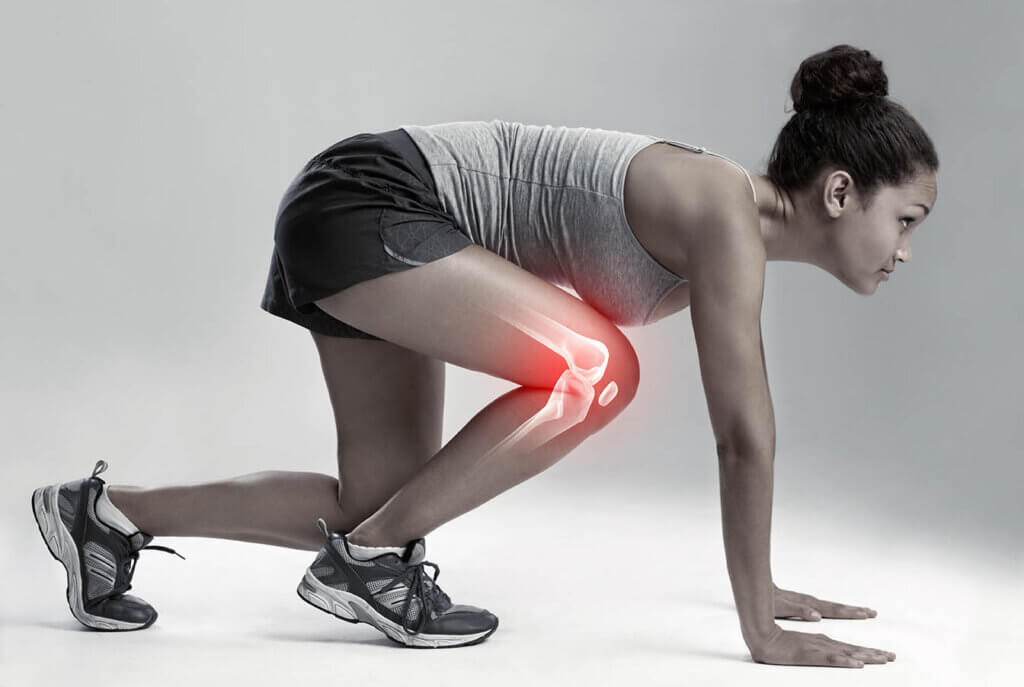
It is one of the numerous specialities that exist within the world of physiotherapy and which focuses, in particular, on helping sportsmen and women, both elite and amateur. The pillars on which the knowledge of sports physiotherapy is based are:
- Training and experience in the recovery processes of muscular, tendon, ligament, bone and joint injuries
- Ability to prevent future injuries
- Analysis of biomechanics and sporting gesture
- Knowledge of techniques and programming of exercises to recover as well as possible from the pathological processes suffered by the sportsperson
- Being able to advise on healthy habits applied on a daily basis
The sports physiotherapist is specialised and understands how all tissues and structures adapt to different sports, as well as knowing which sports activities and gestures are more harmful to the athlete’s body. On this basis, they are able to prevent future injuries, and if an injury is sustained, they are able to recover better and with a better chance of a better return to sport.
Depending on the sport being analysed, various injuries can be found, the most common of which are shown below, divided by body areas:
- Head: accident trauma, dizziness, vertigo, headaches
- Shoulders: rotator cuff, frozen shoulder, calcification, tendinopathy
- Elbows: epicondylitis, epitrochleitis, neuropathy
- Hands: fracture, carpal tunnel syndrome, Quervain’s, trigger finger
- Back and abdomen: pain, hernias, protrusions, prolapse, muscle rupture
- Hip and thigh: bursitis, trochanteritis, subgluteal syndrome, muscle rupture, pubalgia
- Knee and leg: torn ligament-meniscus, goose foot, Baker’s cyst, tendinopathy
- Ankle and foot: Achilles involvement, sprains, fracture, avulsion

